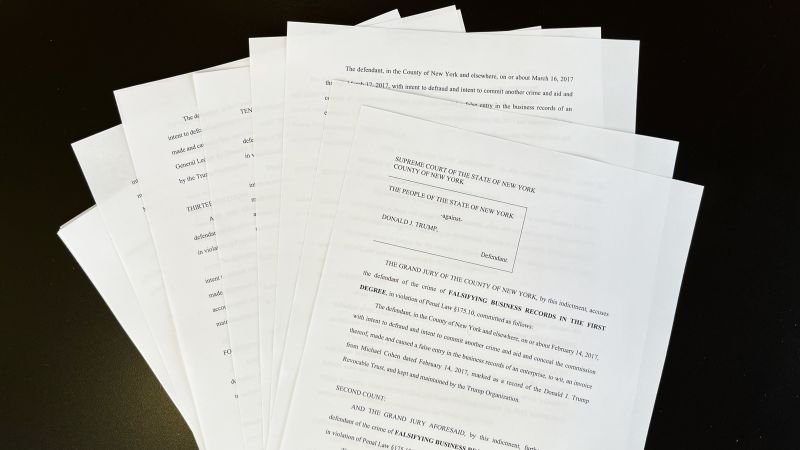Defamation is a complex area of law that can have a profound impact on a person’s reputation and livelihood. In many defamation cases, the defense of truth is the most critical factor in determining the outcome. Whether it’s slander or libel, the role of truth is paramount in legal proceedings involving defamation. Let’s delve into the legal perspective on this matter, discussing how truth plays a pivotal role in defamation cases and its legal implications.

What is Defamation?
Defamation refers to a false statement made about someone that damages their reputation. It can occur in two main forms: slander and libel. Slander involves spoken statements, while libel pertains to written or published false statements. Both forms are designed to protect individuals from malicious and harmful untruths. However, not every false statement qualifies as defamation. The key question often revolves around whether the statement was indeed false, and whether the truth serves as a viable defense in such cases.
The Importance of Truth in Defamation Defense
One of the most crucial aspects of defamation law is the defense of truth. In the courtroom, truth is considered an absolute defense to defamation. If a defendant can prove that the statement made about the plaintiff is true, it can effectively negate any claims of harm or damage to the plaintiff’s reputation. Truth serves as a shield, protecting individuals from the consequences of defamation lawsuits.
In the context of defamation law, truth is more than just a factual defense. It is a fundamental legal principle that ensures freedom of speech and protects the rights of individuals to express themselves honestly without the fear of legal repercussions. In fact, many defamation cases hinge on whether the defendant can substantiate the truth of their statement.
Legal Standards for Truth in Defamation Cases
In defamation cases, the burden of proof lies with the defendant to establish that their statement is true. However, the plaintiff may have to prove the falsity of the statement in some legal systems. The legal standard for determining truth is not always straightforward. Courts often require clear and convincing evidence that the statement in question is entirely true.
For example, if a news outlet publishes a story alleging that a business is involved in fraudulent activities, and the business owner claims the story is defamatory, the media outlet must present evidence to prove the truth of their allegations. In doing so, they must provide verifiable evidence, such as documents, witness testimony, or other factual data, that can substantiate the claim.
The Burden of Proof in Defamation Cases
In many jurisdictions, the burden of proof in defamation cases is initially placed on the plaintiff. This means the plaintiff must prove that the statement was defamatory and that it harmed their reputation. However, once the plaintiff establishes that the statement was made and caused harm, the burden often shifts to the defendant to prove that their statement was truthful.
In some cases, the truth of the statement may not even be in question. For instance, if the defendant can demonstrate that their statement was a matter of public interest or concern, they may be able to use the defense of truth without having to prove every detail. This is particularly common in defamation cases involving public figures, where the court often considers the public’s right to know.
Truth as a Defense in Slander and Libel
Truth is a powerful defense in both slander and libel cases. In slander cases, where the defamatory statement is spoken, proving truth is often more challenging. Verbal statements can be difficult to substantiate, and there may be limited evidence available to prove the statement’s accuracy. However, if the defendant can present credible evidence and witnesses to confirm the truth of their remarks, they may successfully defend themselves.
In libel cases, where the defamatory statement is written or published, truth can be more easily substantiated. Written statements are usually more permanent, providing a clear record of what was said. This allows the defendant to provide documentary evidence or a trail of factual proof to demonstrate that their statements were truthful.
Freedom of Speech and Defamation
A critical issue in defamation cases is balancing the right to freedom of speech with the need to protect individuals from false and harmful statements. Defamation laws seek to strike this balance by allowing individuals to express their opinions and ideas while ensuring that they do not maliciously harm others through false accusations.
The defense of truth plays an essential role in protecting freedom of speech. It ensures that individuals are not silenced for speaking the truth, even if the information may be damaging to another person’s reputation. In many defamation cases, especially those involving public figures, the court may have to weigh the importance of the public’s right to know against the potential harm caused to the individual’s reputation.
The Legal Consequences of False Statements
False statements in defamation cases can have severe legal consequences. If a statement is proven to be false and defamatory, the defendant may be required to pay damages to the plaintiff. These damages can include both compensatory and punitive damages, depending on the severity of the false statement and the harm it caused.
Compensatory damages aim to compensate the plaintiff for the harm caused to their reputation, while punitive damages are designed to punish the defendant for their malicious actions. In some cases, the defendant may be ordered to retract the false statement and issue a public apology.
Defamation Laws and Legal Precedents
Defamation laws vary by jurisdiction, but the defense of truth remains a universal principle. Legal precedents play a crucial role in shaping defamation law. Courts often rely on previous rulings to determine how truth is evaluated in defamation cases. Legal scholars and practitioners regularly refer to landmark cases, where the role of truth was pivotal, to guide their interpretation of current defamation disputes.
For example, the case of New York Times v. Sullivan is a landmark U.S. case that established the standard for defamation suits involving public figures. In this case, the U.S. Supreme Court ruled that public figures must prove “actual malice” to win a defamation case, which further emphasized the importance of truth in protecting free speech.
Conclusion: The Vital Role of Truth in Defamation Cases
Truth serves as the cornerstone of defamation law. It is a powerful defense that protects individuals from unjust legal claims and ensures that freedom of speech remains intact. In defamation cases, whether involving slander or libel, the truth provides a crucial means of defense, allowing defendants to safeguard their rights to speak honestly without fear of legal consequences.
As the legal landscape evolves, the importance of truth in defamation cases continues to be a fundamental aspect of the judicial process, balancing the rights of individuals with the need for protection against false and damaging statements.



